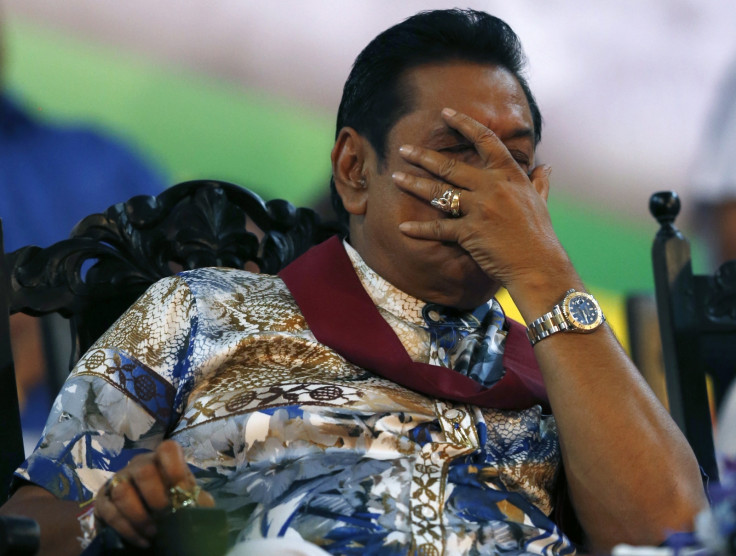UN calls for Sri Lanka to set up war crimes court to investigate 'horrific' abuses

War crimes and crimes against humanity were committed by the government of Sri Lanka and the rebel Tamil Tigers, according by a long-awaited report published by the United Nations on 16 September. It confirmed "patterns of grave violations" in Sri Lanka between 2002 and 2011, the last few years of the country's civil war.
The report recommends Sri Lanka should establish a hybrid special court, which would see international judges, prosecutors and lawyers investigate the individuals responsible. "Our investigation has laid bare the horrific level of violations and abuses that occurred in Sri Lanka," said UN high commissioner for human rights Zeid Ra'ad Al Hussein. "The report reveals violations that are among the most serious crimes of concern to the international community as a whole."
The high commissioner said the report detailed abuses such as torture, sexual violence, and the recruitment of children and others. It also documents "years of denials and cover-ups, failure to carry out prompt investigations, stalled investigations and reprisals against the family members of victims".
It puts pressure on Sri Lanka's new president, Maithripala Sirisena, who overthrew Mahinda Rajapaksa during elections in January. Rajapaksa was president of Sri Lanka during the 26-year-long war and numerous international efforts to investigate war crimes were blocked under his rule.
Hussein said: "This report is being presented in a new political context in Sri Lanka, which offers grounds for hope. It is crucial that this historic opportunity for truly fundamental change is not allowed to slip."
However, the former president's son, Namal Rajapaksa, slammed the call for the creation of a hybrid court. He wrote on Twitter: "OHCHR's call for creation of hybrid court in Sri Lanka is complete insult to the entire legal system in this country. Sri Lanka is fully capable of conducting any domestic inquiry that is needed. The double standards practiced by sections of the international community is injustice in itself."
The UN report insisted Sri Lanka's criminal justice system is "not yet ready" to carry out the investigation. It cited the absence of "any reliable system for victim and witness protection", alongside an "inadequacy of Sri Lanka's domestic legal framework to deal with international crimes of this magnitude".
It also referred to corruption within the system. The report said: "The third challenge is the degree to which Sri Lanka's security sector and justice system have been distorted and corrupted by decades of emergency, conflict and impunity."
© Copyright IBTimes 2025. All rights reserved.






















